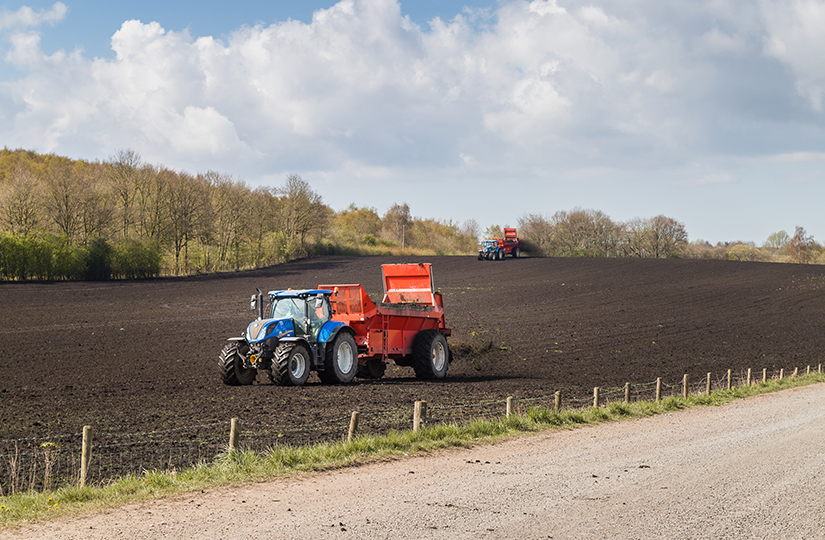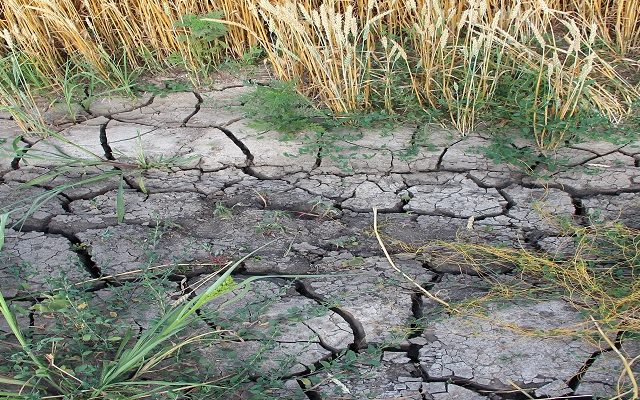Spreading organic manures on farmland – what’s new?
The Environment Agency has issued a Regulatory Position Statement (RPS 252) to clarify the rules for farmers in England governing when they can apply farmyard manures, slurry, AD digestate and sewage sludge onto farmland.
New Farming Rules for Water (FrfW) were introduced in April 2018 which stated that to prevent water pollution any applications of organic manure should be planned “so that the application does not exceed the needs of the soil and crop on land”.
However, the EA says despite this requirement being introduced three years ago significant quantities of organic manure are still being applied to arable stubbles in the autumn – prior to winter cereals – even though there is no crop need or where phosphate levels are already sufficient.
It is understood there is particular concern about the amount of sewage sludge being applied in the autumn, which poses a water pollution risk because of the level of nitrate-nitrogen leaching.
The RPS 252 restates that organic manures should only be applied in the autumn provided there is a soil and crop need – for example, where oilseed rape rather than a winter cereal is being grown – and will not give rise to a significant risk of pollution.
But until Spring 2022, the EA will allow farmers to plan to apply organic manure to agricultural land that may exceed the needs of the soil or crop on that land, so long as they comply with certain conditions and notify the EA first.
The primary conditions are:
1 . Ideally, the manure should be stored at the place of production until it can be used to provide a crop and soil need.
2 . If not able to be stored at the place of production, then it should be stored at the place of use until spread to meet a crop and soil need.
3 . If neither of the above is viable, consider sending the manure to an off-site treatment plant, such as an AD plant or even sewage treatment works.
4 . Only if none of the above is viable, farmers can spread the manure on land with a low risk of leaching and /or run-off, in which case they should notify the EA that this is what they are doing.
The EA says it is planning that this extra flexibility will apply for spreading up to 1st March 2022 only.
Farm leaders have voiced their concern at the new guidance, acknowledging that while improving water quality is of huge importance, this new regime will throw up practical problems and suggesting farmers need much more clarity.
Although technically this is a tightening of existing rules, rather than the introduction of new ones, it is clear that moving forward many farmers will have to implement significant changes to the way they store and spread manure, which will present huge challenges for some.
Read the Environment Agency’s Regulatory Position Statement (RPS 252).
The EA has also produced a more detailed guidance note which has answers for 72 common questions.
If you would like to discuss how this will affect your business, contact a member of the Farming Department.






